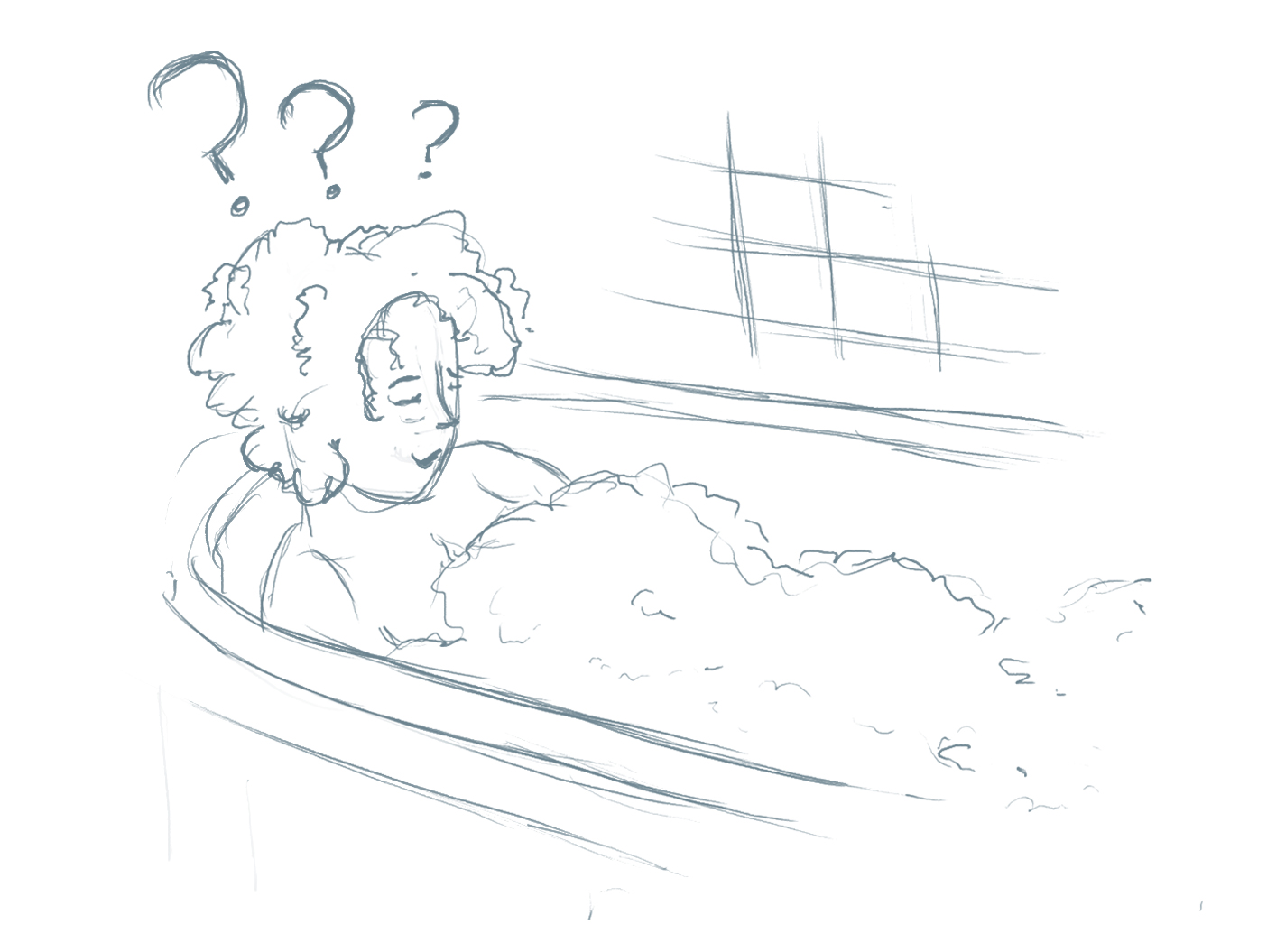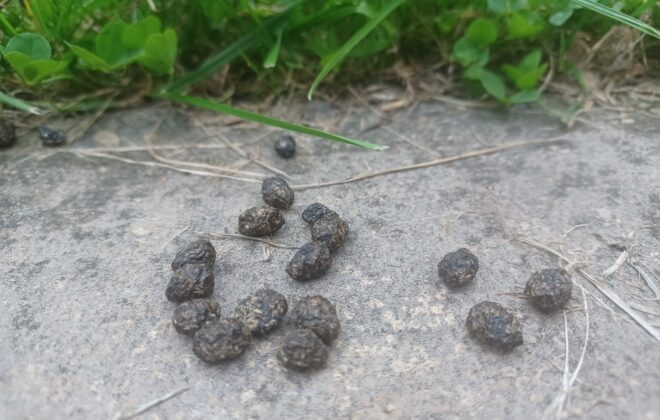Give yourself Positive Strokes (???!!)
I’m loving my work at the moment; teaching people I like things that I’m really interested in and having time to write and coach too. I feel very lucky and it’s good to be able to appreciate it. For example, the other week I did some training on Transactional Analysis with a great bunch of people who were really engaged and interested – what a joy.
One of the concepts we were playing with was Stroke Theory. Eric Berne called unit of attention ‘Strokes’. He called them strokes because if we are lucky the very first strokes we get are from our parents and they are physical strokes, hugs and caresses. As we get older and acquire language we give and receive strokes verbally as well as non-verbally.
Berne said that attention was as fundamental to our survival as food, shelter and water and you can see how this is true. A young baby could never survive without someone paying attention to it pretty much 24/7. Babies in the Romanian orphanages died even though they were fed and changed; they didn’t get attention, they were never held. Maybe they gave up.
Berne says even as we get older and can survive on our own, we still need strokes and will do whatever it takes to get Stroked.
There are 4 types of strokes: positive and negative, conditional and unconditional. Positive Strokes are anything which make you feel good when you get them; a compliment, a smile, a hug, flowers, praise, a pat on the back etc. Negative Strokes are anything which make us feel bad when we get them; a frown, being left out or ignored, a slap, a punch, an insult, a scowl.
- Think back to your day – what kinds of Strokes have you received today?
- What kind of Strokes did you give today?
- Is there anything you would change?
Berne said that because attention is so important, we will do anything to get the amount of attention we need (and we all need different amounts at different times) so if we can’t get positive attention, negative attention is better than nothing as at least then we know we exist when other people notice us. It is no accident that solitary confinement is a form of torture. Anyone who has read ‘An Evil Cradling’ by Keenan will know just how frightening and disorientating it is to be shut away on one’s own.
We can give and receive Conditional or Unconditional Strokes. Conditional Strokes are units of attention for what we do and they can be positive; ‘well done your work is thorough’, ‘thanks for cooking’, ‘I love how you did that’, ‘You rally handled that well. Or they can be negative; ‘You messed up there’, ‘Why didn’t you do that?’, ‘I can’t believe you did that?’, ‘What idiot did this?’.
- What kind of conditional Strokes were you given as a child?
- What kind of conditional Strokes do you give?
Conditional Strokes make us feel good when they are positive and hurt us when they are negative. We all like to be noticed and appreciated for what we do. What we Stroke is what we get more of, so if we notice all the things someone does wrong, you will notice more things they do wrong. When you appreciate and pay attention to what they do right, you will see more and more of what they do right.
- What did you get Stroked for as a kid?
- What do you Stroke now?
- Is there anything you would like to change?

However, the most powerful way of Stroking someone is to give them Unconditional Strokes because they focus on who we are, rather than what we do; being rather than doing. So when someone tells us they love us it is a massive positive unconditional Stroke and makes us feel good (if we want them to love us). A smile, a hug, someone being pleased to see us just because we are us are unconditional positive Strokes. When someone notices that we are kind, or patient or courageous then we glow.
- When did you last get or give an unconditional positive Stroke?
Equally, the quickest way to damage someone’s self esteem is to use Negative Unconditional Strokes on them; ‘You are stupid’, ‘ I wish I’d never met you,’ ‘I wish you’d never been born’, ‘you are such a loser’, ‘you’re so ugly/fat/thin/lazy’. When we label people in this way we fail to see any good in them and if we are labelled in this way often enough we can start to believe the label. Over the years of training I have heard so many stories from people who loved music, or dance or art but someone laughed at them when they did it so they believed they were rubbish at it and never did it again. Such is the power of Negative Stroking.
When I share this idea on the courses I run, I play a game. I ask people to write down 5 qualities in themselves that they appreciate, qualities that were being qualities not doing qualities like kindness, courage, tenacity, creativity, humour.
Most people find it really hard to find 5 and some people need feedback from the group to get to 5.
- Right now write a list of positive qualities which people just have, things they are rather than things they do.
- Now do the same for yourself? What are your positive qualities?
Martin Seligman says that there are 24 strengths which are ubiquitous. He says that when we know and use our strengths or positive qualities, not only will we feel better, but we make the world a better place. Have a go at his questionnaire to find out what your strengths and positive aspects are by clicking the link here (when you’ve finished the blog of course!!) and finding the VIA Survey of Character Strengths. You have sign up but you never get spam and it’s fun to do and free.
I don’t ask course participants to list 5 things they don’t like about themselves because I know from experience that people can go on and on about all that they don’t like about themselves.
When I got home today I had quick chat with a friend who was splitting up with her partner. She was calling herself stupid, ugly and weak. ‘I should have known better’, ‘I’m so ashamed’, ‘I hate myself’ she said. We are always so good at putting ourselves down.
STOP IT NOW.
Stop putting yourself down and giving yourself Negative Strokes. Why would you talk to yourself in a way that you would never dream of talking to anyone else; let alone someone you liked?
‘I’m not very good with complements’ is a common refrain. If that is you, let’s change that now and here’s why you need to. If someone gave you a surprise gift, most of us would say thank you (even if it wasn’t something we wanted or liked). We would say thank you to a surprise gift because we would be too polite to throw it back, because we would realise that they giver has gone to some trouble to get think about and get it for us and we might even realise that whatever the gift, it is a sign of positive regard for us. Right?
A compliment is a gift. Someone has gone out of their way to say something they appreciate about you. It took time and attention to notice it and it very possibly took courage to tell you so why would you turn it away with ‘oh that’s not me,’ or ‘it’s nothing really’.
Turning a compliment away in order to be ‘modest’ is just plain bad manners, stop doing it now! What is modesty anyway? First of all it is a cultural construct; anyone who has been to America will know that they don’t have the same attitude to compliments and recognising what we do well. Secondly it is linked to our puritan heritage (ie suffer in this life and don’t enjoy it because then you’ll get to enjoy yourself when you’re dead).
So unless you are a puritan, practice saying ‘thank you’ or even better; ‘thank you I appreciate that’. Don’t feel you have to say something nice back as that can feel phony. When someone pays you a compliment and you look them in the eye and thank them, you have appreciated them.
If it feels awkward or weird or uncomfortable to receive compliments – good. That means that something is shifting in you and your are updating your self image to integrate the new positive aspect the other person has spotted. It will feel uncomfortable until you can acknowledge for yourself that you are kind, laid back, patient, brave or whatever the Positive Stroke was.
- So, your challenge this week is to start a list of Positive Strokes for being, for yourself. Add to it as you think of things. Notice when you are focused, committed, easy going, empathetic. Pay attention and make note when you are logical, systematic, punctual and detailed or when you are loyal, truthful, fair and trustworthy. The more you pay attention to what other people appreciate in you and what you appreciate about yourself.
This is a win-win exercise because the more you pay attention to Positive Stroking yourself, the more you will be able to give Positive Strokes to others and so the upward circles starts.
So go on, be your own best friend, you own champion, your own supporter and your own fan and enjoy yourself.
If you enjoyed reading this please share it with friends. You might also be interested in talking to me about coaching , or maybe try some of my online courses (some are free), or treat yourself to a climate protecting pamper with vegan friendly, organic Tropic which supports the planting of forests and education in deprived areas.
Thanks for being here.
Julie
Sign up for more ideas to help you love being you
Your details are safe, check out my privacy policy here. I do not share any of your details and you can unsubscribe at any time
Tags In
Related Posts
Categories
- Be Here Now (110)
- Education (40)
- Endings (58)
- environment (96)
- Inspiration (111)
- Podcasts and videos (49)
- Psychology and Emotions (147)
- Relationships and Family (150)
- Spirituality (70)
- stories and poems (95)
- Thinking Differently (186)
- Uncategorized (8)
- Well-being (106)
- Women (80)
- Work (42)



